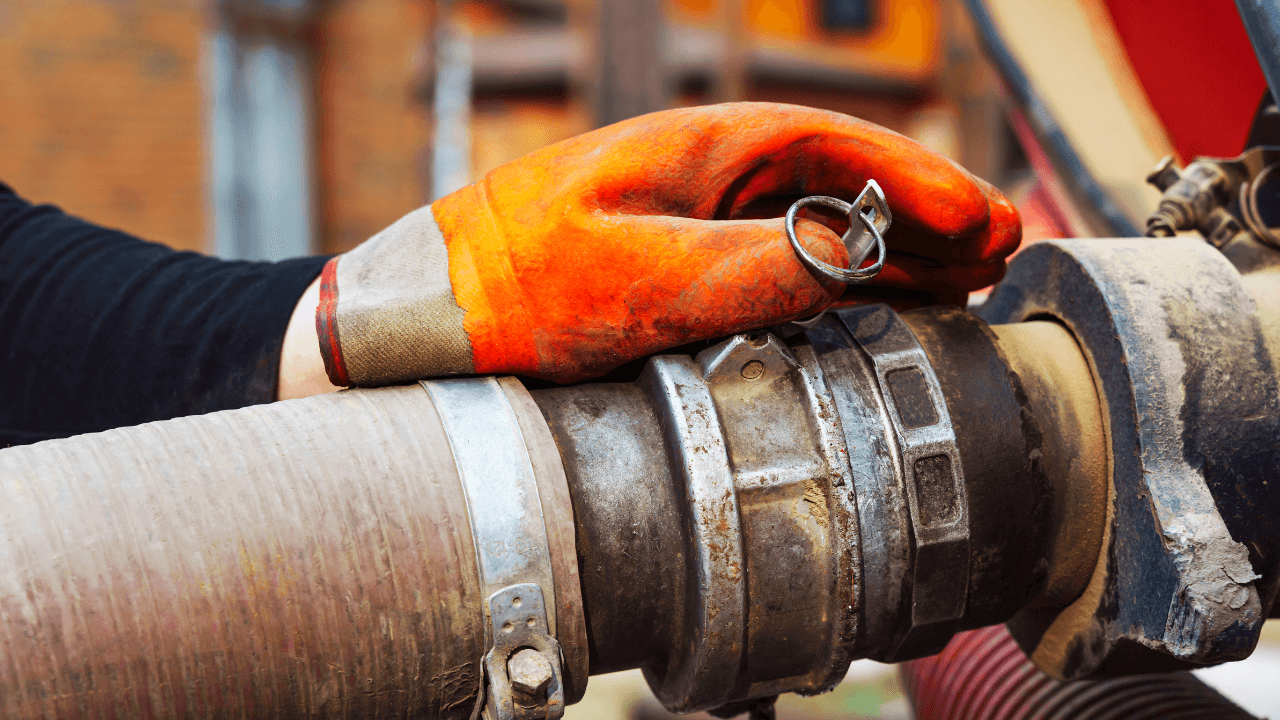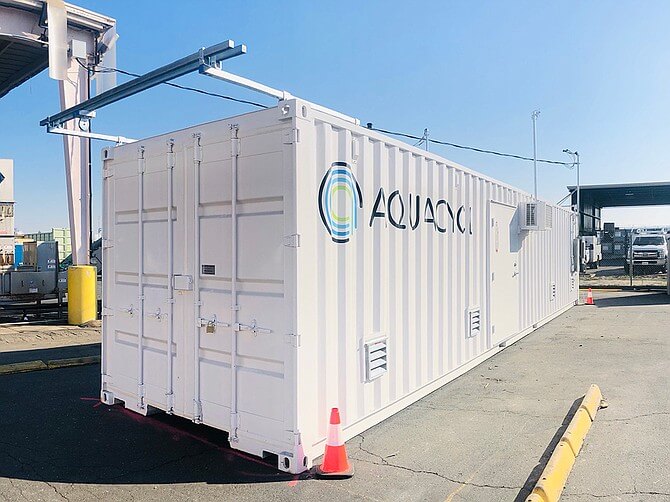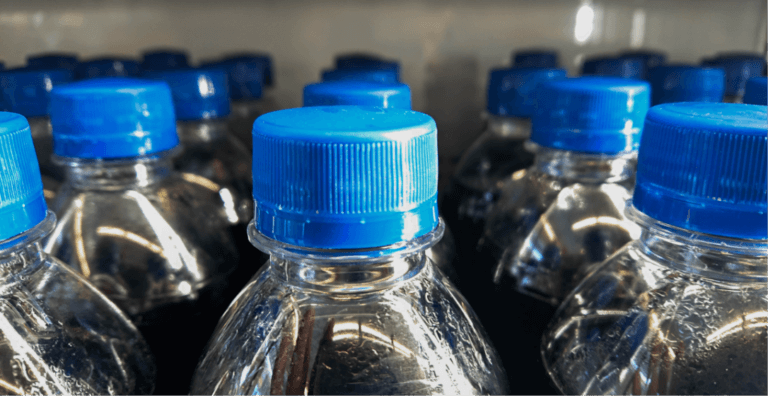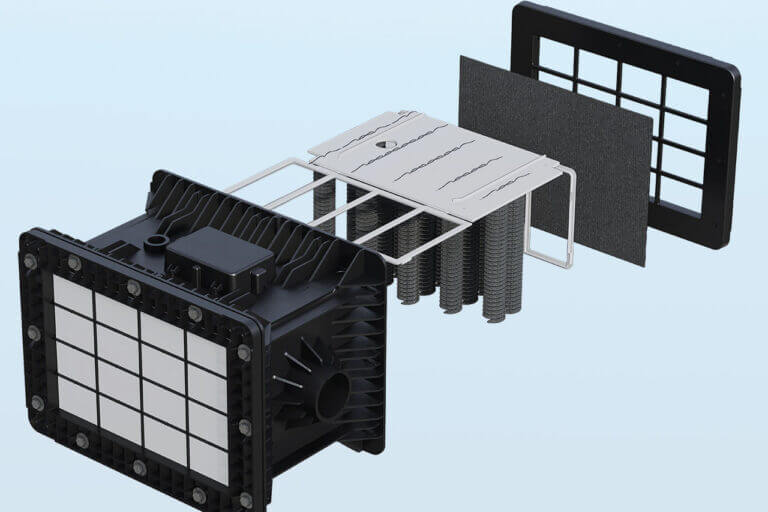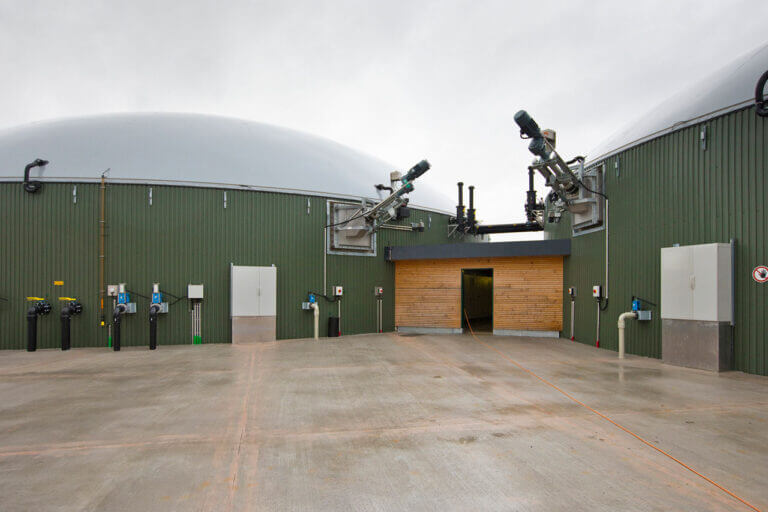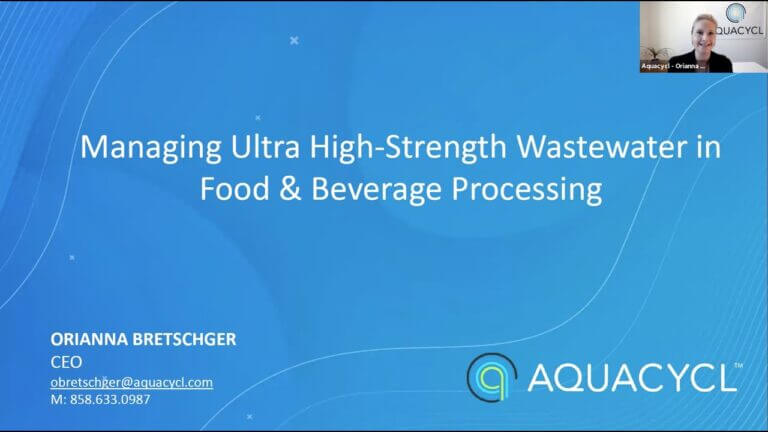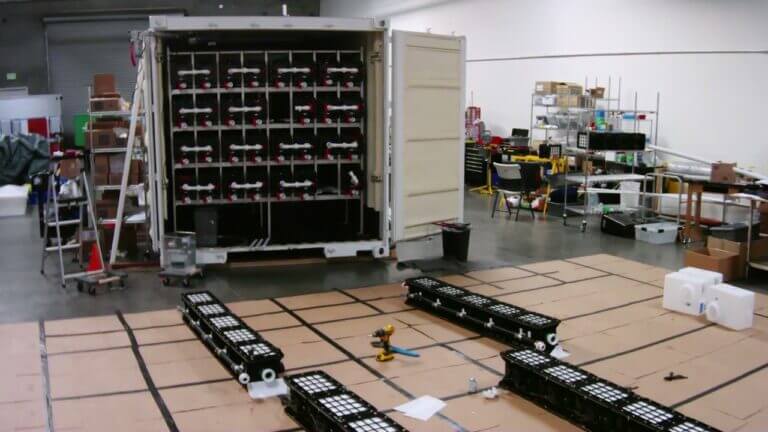Let’s just say it—onsite wastewater management can feel like a burden. No matter what industry you’re in, dealing with wastewater is rarely the focus.
But the reality is that if wastewater isn’t properly managed, it can spiral into production disruptions, excessive costs, and even legal trouble. Many facility managers underestimate the complexity of wastewater management when they first take it on, only to find themselves overwhelmed by the headache it brings.
The True Burden of Wastewater Management
Wastewater management might sound straightforward, especially since it’s produced directly at your facility as a byproduct of your processes. In reality, managing and treating these streams can be a complex, demanding task that requires constant oversight and highly specific conditions to work effectively.
For Food and Beverage (F&B) manufacturers and other industrial operations, the challenge only grows. Here are some aspects you may not have thought of that contribute to the burden of wastewater:
1. Isolating the Problem
Most of the problematic organic pollutant is associated with only a few, small volume, processes in your production and cleaning cycles. Understanding this discharge and isolating these streams in new or existing production facilities can save a lot space, headache and cost when it comes to treatment.
2. Choosing the Right Treatment Method
Selecting the best way to treat wastewater requires an in-depth analysis of the wastewater you produce. With varying water quality, production levels, and regulatory requirements, choosing the right method is a balancing act between efficiency, compliance, environmental impact, and cost. Picking the wrong method can drive up costs (often unnecessarily), create un-intended impacts to down-stream processes, and/or leave you out of compliance.
🔗This blog is a great start to understanding the pros and cons of different treatment methods.
2. Monitoring Systems Around the Clock
In industrial settings, production never truly stops—and neither does wastewater generation. Things can change overnight and without constant monitoring, you risk unmanageable sludge, negative impacts to existing treatment schemes, water loss, and/or other hazards to safety, compliance, and production schedules. Effective real-time monitoring and automation of production flows catches issues before they become costly problems, but it requires investment in both personnel and technology.
🔗Here’s what you need to know about monitoring wastewater.
3. Maintaining Equipment
From pumps to sensors, wastewater treatment systems require regular upkeep to prevent costly downtime. Equipment failures can lead to inefficiencies (slowdowns) or even complete shutdowns—interrupting production and creating revenue losses. Maintenance requires not only addressing mechanical wear and tear for equipment, but also scheduling downtime for cleaning (especially equipment and tanks associated with sludge management), and keeping essential spare parts and chemicals in stock.
4. Staying Compliant with Regulations
Environmental regulations can be strict, especially for industries producing high-organic wastewater, like F&B; or complex organic pollutants like chemical, textile or petrochemical industries. Obtaining and maintaining permits, self-monitoring or third-party monitoring programs, submitting regular testing reports, and adapting processes to evolving standards are all part of staying compliant.
Non-compliance risks can lead to steep fines, halted production, and reputation damage. The issue is that these regulations and permit requirements are always changing, so you need to constantly stay up to date to ensure compliance and be able to predict how changing costs may impact your operating P&L.
5. Sludge Management
Perhaps one of the biggest challenges in wastewater management is sludge removal—a byproduct of biological treatment that requires separation, collection, dewatering, and disposal. Sludge testing is also required to determine how it can be disposed, either through land application (can occasionally generate a revenue) or to landfill (if sludge contains heavy metals or toxic pollutants). These activities are costly and time-intensive and come with business risks and environmental impacts of their own.
There are even more aspects to wastewater management that we haven’t captured here, like balancing sustainability and circularity efforts with effective treatment, managing production expansions/changes, and coordinating discharge with local utilities.
All that to say—wastewater management is a lot. Without staying on top of these factors, your upstream production will suffer.
Taking Wastewater Management Off Your Plate
You shouldn’t have to be a wastewater expert to have an onsite treatment system. That’s why Aquacycl offers all our wastewater solutions as a service, taking wastewater management entirely off your plate.
With wastewater treatment as a service, we handle the treatment process from start to finish while providing consultation about how to best isolate and manage production streams, and determining the right solutions for your wastewater needs that will save you time, cost and reduce business risk.
Here’s how we help lighten the load (pun intended):
Custom Plug-and-Play Solutions
Our systems are designed to meet the specific needs of your facility, using innovative technology that’s efficient, low-maintenance, sustainable, and cost-effective. We handle the build of your system, installation, and operation so you can be confident that your wastewater is treated effectively—without the guesswork. We will design the turn-key system to meet your specific needs with an eye toward optimizing space and costs.
24/7 Monitoring and Control
Our digitalized systems are equipped with sensors that monitor key metrics continuously, allowing us to catch any issues before they escalate. With 24/7 remote support, you can rest assured that someone is always watching over your system, ready to respond to any problems.
Maintenance-Free Operation
With treatment as a service, maintenance and emergencies are our responsibility. We keep the systems running smoothly with minimal downtime, so you don’t need to budget for costly repairs or worry about replacement parts. This means more budget for your operations, with less risk of system interruptions or breakdowns.
Compliance Guarantee
Our team stays on top of all relevant regulatory requirements, and our service plans provide a performance guarantee. We design, monitor, and adjust our systems as needed to integrate with your existing processes and ensure compliance to your existing permit, helping you avoid penalties, fines, and the stress of staying current with changing standards. ➡️Go to our Why Aquacycl page to see how we do this.
Eliminating the Sludge Burden
Our systems produce a small fraction of sludge compared to alternative biological treatment technologies. And the little sludge we do produce? We take care of that for you and it is built-in to the service costs! This is just one more way we streamline wastewater management, sparing you from what would otherwise be a significant operational burden. ▶️Watch this video to see how we’re eliminating sludge management.
Let Us Handle Your Wastewater—So You Don’t Have To
The operational demands of wastewater management are substantial, but they don’t have to be your burden. By partnering with Aquacycl, you can delegate these responsibilities to a dedicated team of experts with one mission: simplifying wastewater management.
📞Contact us to take the first step to offloading this burden so you can focus on your core business.


